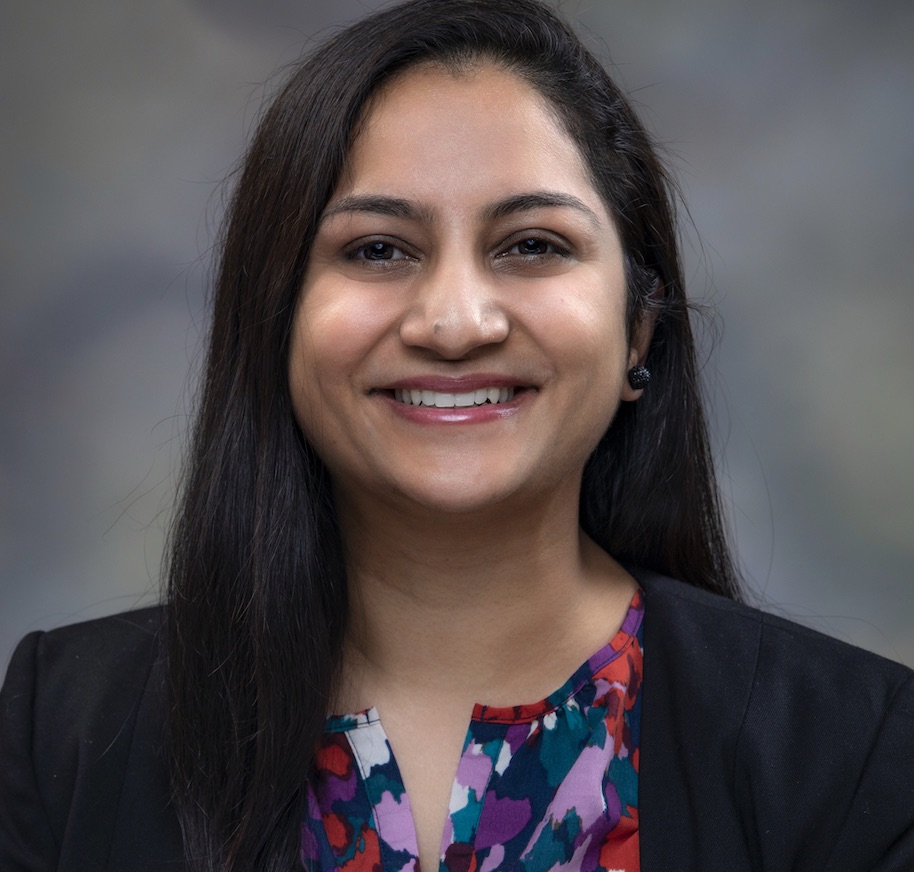Coping with the stress of social distancing as a graduate student

Being a fifth year Ph.D. student, I had extensive timeline and professional plans for the next few months that revolved around completing my Ph.D. and the future after that. When COVID-19 pandemic prompted, causing non COVID related labs to be shut down and all the events being cancelled, I saw months of hard work and planning being shattered. I was looking forward to many things including giving an oral talk at American Association of Immunologists conference in Hawaii in May 2020 (which is considered an honor) for which I had received three different awards, and had worked so hard for. From being very anxious and stressful in the beginning, I have come so far in the past few weeks. There have been few things that helped me personally to cope with this situation:

Talking and accepting the situation
The first step was the most difficult, that included talking and realizing what was there to lose. In the beginning, I was in denial and couldn’t think past beyond how badly this will affect my graduation and professional life. I talked to my counselor and family about the long-term effects this will have on my professional career. Eventually I started to realize, that since I have no control over the situation, the next best thing to do was to work around it.

Realizing I was not alone in this and moving on
Once I accepted the situation, I also realized that I was not alone in this and everyone was affected one way or the other. Some people were losing their loved ones, losing jobs and had scarcity of basic needs. Suddenly, my problems appeared miniscule as compared to theirs. I appreciated what I had including my health, family and job, decided to accept the situation and move on. I came up with a new improvised plan and made a new to-do list for my future.

Being thankful for what I have and self-care
Since, there was so much panic and negativity already, I started channeling positive thoughts and being thankful for what I have rather than what I was losing. I am blessed to have a beautiful family and was thankful that they are safe, and we were all in this together. In order to take care of my family, first I needed to take care of my mental and physical health and started working towards it.

Communicating about the concerns
I talked to my PI about the concerns I had for the experiments that were planned and I let her know how I was feeling about my timeline. We came up with an improvised plan about what can be effectively done from home. Fortunately, we were working on submitting a manuscript, so I was able continue being productive from home. I have also been reading as much literature as possible, writing scientific articles and intellectually challenging myself.

Spending more time with my family
In the past, I had felt mom guilt occasionally for not spending enough time with my toddler due to a busy schedule. Now, there was an opportunity for me to spend more quality time with my family, reading stories to my son, more cuddles and making more memories to remember for the rest of our lives.

Picking up a new hobby/old hobby
I have always wanted to explore the creative side of me, so I took up a full drill 5D diamond painting project as a creative outlet to cope with anxiety and stress. The project took me almost 12 hours, and the result was beautiful. The project helped me to relax, provided me with a creative outlet and gave me hope that patience yields beautiful results.
Additionally, I also got back reading my favorite author Agatha Christie and couldn’t be happier.

Making a flexible to-do list
Working from home with a toddler is harder than I had anticipated, and in the beginning, I would be disappointed for not getting everything on that daily to-do list. So, I started adding some flexibility to my to-do list and started taking each day as it came.

Seeking help
It is important to talk how you feel. I would talk to my husband, a friend or my counselor whenever I would start to get anxious and that helps me a lot.

Re-connecting with family and friends
Most of my family members are in India and I haven’t seen them for quite a long time. I utilized the time I had to reconnect with my extended family, cousins and friends back home and in U.S. Talking about the old times brought so many beautiful memories, happiness and smiles.

Making new professional and personal connections
I updated my LinkedIn profile, which I have always procrastinated in the past due to lack of time. Additionally, I made some new connections through ‘GSBS Buddy’ and it has been amazing making new friends and getting to know about them and their culture.
The above activities have really helped me to keep my sanity intact and still be productive. At the end of the day, I remind myself that just like the pandemic, with time the panic and situations I am facing will come to plateau too!
About the Author
 Manpreet Semwal is a student in the Molecular Immunology & Microbiology discipline of the Integrated Biomedical Sciences program. Her research focuses on addressing the physiological functions of Reactive oxygen species (ROS) in stromal cells in the young, steady state thymus. She is working in Dr. Ann Griffith’s lab that focuses on identifying the causes and consequences of age-associated thymic stromal dysfunction. Their ultimate goal is to develop novel approaches to extend the health span during aging. Read more about her work in the article, “Manpreet Semwal: Having a Ph.D. Will Help Me Train Future Scientists.”
Manpreet Semwal is a student in the Molecular Immunology & Microbiology discipline of the Integrated Biomedical Sciences program. Her research focuses on addressing the physiological functions of Reactive oxygen species (ROS) in stromal cells in the young, steady state thymus. She is working in Dr. Ann Griffith’s lab that focuses on identifying the causes and consequences of age-associated thymic stromal dysfunction. Their ultimate goal is to develop novel approaches to extend the health span during aging. Read more about her work in the article, “Manpreet Semwal: Having a Ph.D. Will Help Me Train Future Scientists.”
The “Beyond The Bench” series features articles written by students and postdoctoral fellows at the Graduate School of Biomedical Sciences at The University of Texas Health Science Center San Antonio.
